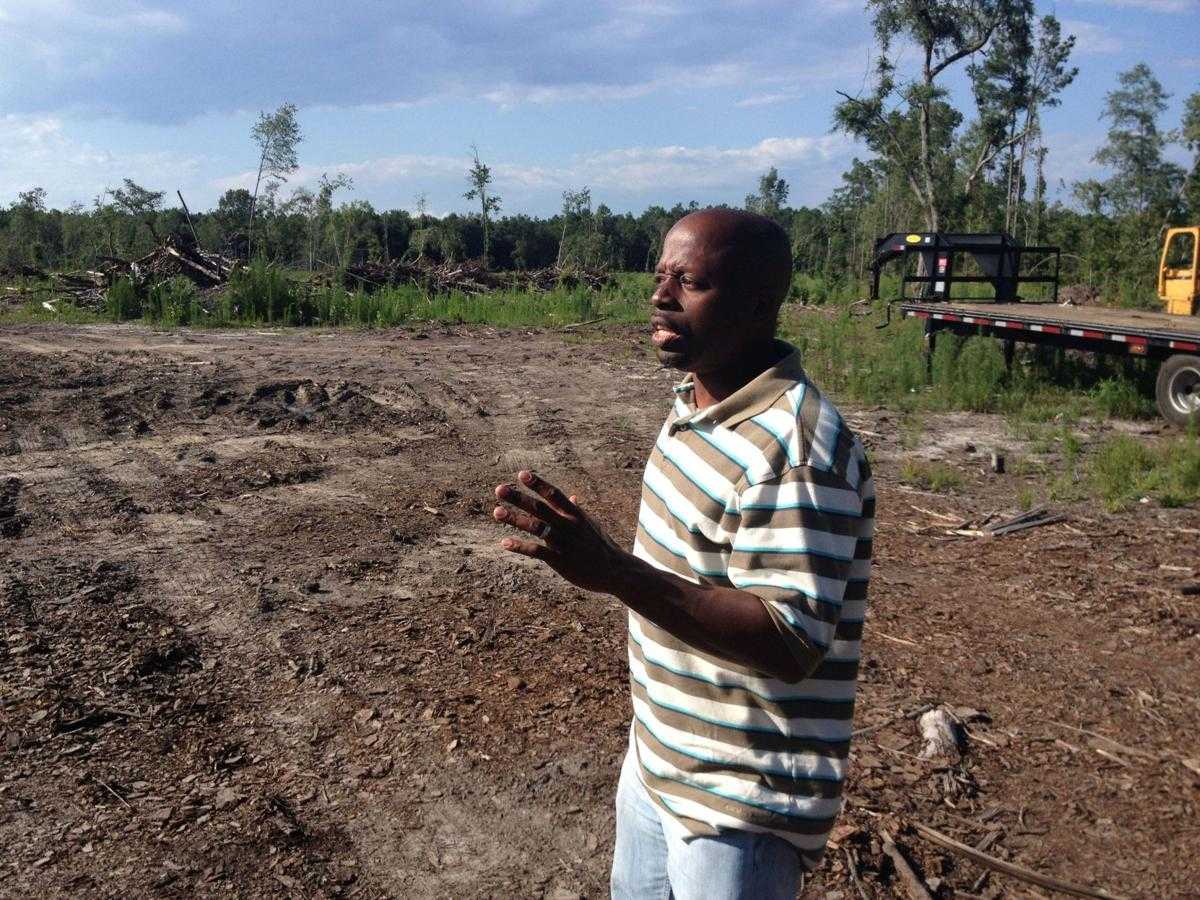Present to Past
Land as Legacy

TodayHeirs' Property and Rural Black Landowners
Louis Manigault, Land Owner
The Fight for Black Landownership
Despite facing persistent discrimination, some African Americans have been able to acquire land—though at a slower rate and higher cost than white Americans. Black people have also faced tremendous land loss due to the discriminatory practices of the U.S. Department of Agriculture, the inability to pay land taxes, and even outright violence that forced Black landowners from their land. The loss of land is also the loss of family legacy, security, and autonomy.
In the South Carolina Lowcountry, issues arising from heirs’ property results in tremendous property loss and the depletion of historic rural Black communities. Heirs’ property stems from African American’s acquiring land shortly after the end of slavery. The land was passed down through the generations, often absent a will. The property is equally divided among immediate descendants, creating a tenancy in common, giving each descendant an equal right to use or occupy the land. Individual tenants can also force the sale of the property through a partition sale, often resulting in the land being broken up or sold at auction, causing irreparable damage. Developers, private buyers, and attorneys seeking profit take advantage of African Americans who for generations did not have access to legal resources. Black families facing a forced sale are most often not paid the true value of the land. While each tenant receives a fraction of the sale amount, attorneys receive full payment from the proceedings of the sale including fees from each of the tenants.
Currently, a collective of Black attorneys and other advocates are working tirelessly to return land to former property owners. These advocates also provide financial and legal literacy training to help African American families understand their rights. Attorneys are counseling families on sound estate planning so that their assets might be passed to the next generation. In recognizing the heirs’ property challenges, the USDA is proposing rules to prevent land loss and the deterioration of rural African American communities.